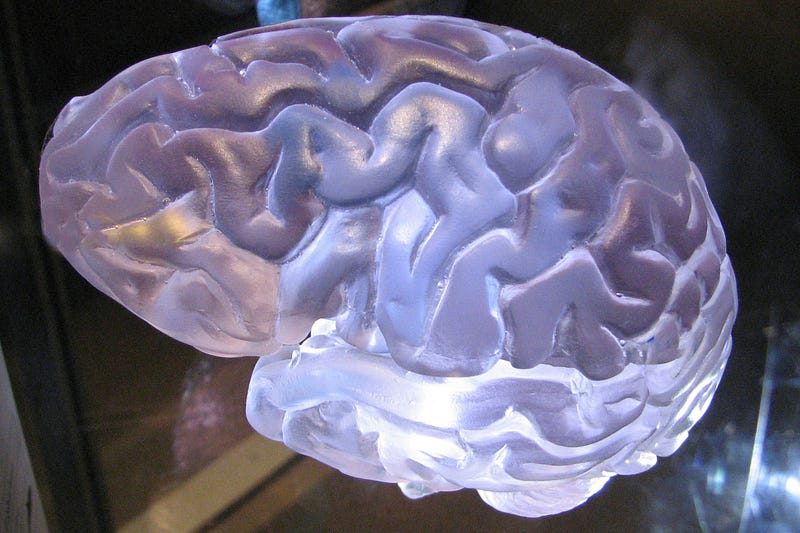Unlocking the Secrets of Vitamin D for Brain Health
Written on
Chapter 1: The Brain as a Delicate System
The human brain operates much like a highly advanced computer, yet it is incredibly delicate. A single oversight can lead to significant consequences. For optimal performance, the brain requires energy, oxygen, and proper nutrition. A shortfall in any of these areas can hinder its function. For instance, a deficiency can lead to:
- Memory decline: The ability to recall information from books or studies.
- Diminished executive function: The capacity to solve problems, regulate impulses, and make sound decisions.
This decline becomes particularly pronounced with age.
A study conducted by the University of California monitored 400 participants over a five-year period, emphasizing the critical role nutrition plays in brain health.
Section 1.1: Study Overview
The average age of participants was 74. Initial blood tests measured vitamin D levels, followed by assessments of brain function after five years.
The study uncovered alarming results: - Approximately 20-30% of participants were entirely deficient in vitamin D. - An additional 30-40% had levels below what is considered optimal.
Individuals with insufficient vitamin D experienced a threefold increase in the decline of memory and executive functions compared to those with adequate levels.

Section 1.2: Understanding Executive Function
As illustrated in the study, a deficiency in vitamin D accelerates cognitive decline. Executive function pertains to the cognitive processes that govern complex thoughts and behaviors, including self-regulation. A decline in this area can severely affect overall life satisfaction and achievement.
Researchers were astounded by the extent of vitamin D's influence on the brain:
“We anticipated that low vitamin D would harm cognitive health, but the magnitude of its impact was astonishing.”
They further noted:
“Numerous studies indicate that vitamin D is vital for both brain development and function. Even if supplements yield minimal effects, their low side effect profile suggests we should consider them, particularly as we age.”
Chapter 2: Recommendations for Brain Health
Given that this research primarily involved older adults, the applicability of these findings to younger populations remains unclear. Nevertheless, the adverse effects of vitamin D deficiency are well-documented. Therefore, it is advisable to either spend at least 30 minutes outdoors each day or consider vitamin D supplementation.
In summary, insufficient vitamin D can severely impair cognitive function. Regular exposure to sunlight or the use of vitamin D supplements is highly recommended to safeguard brain health.